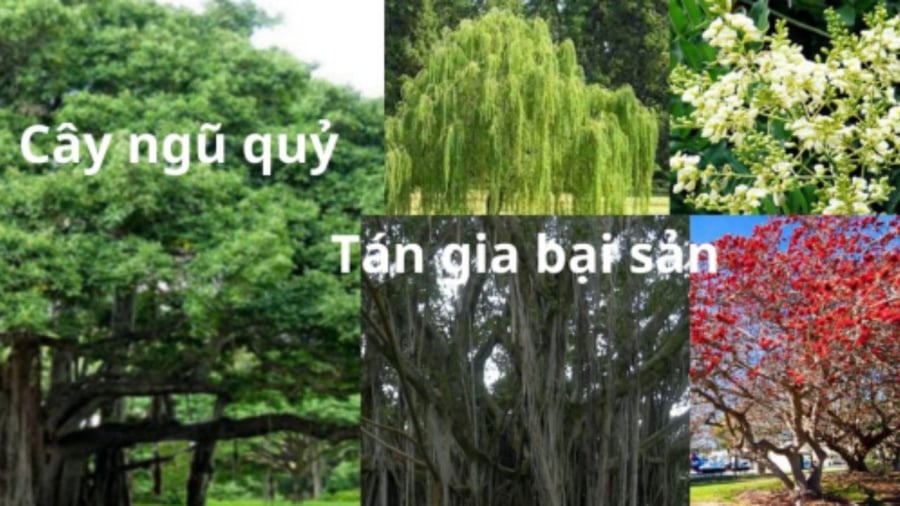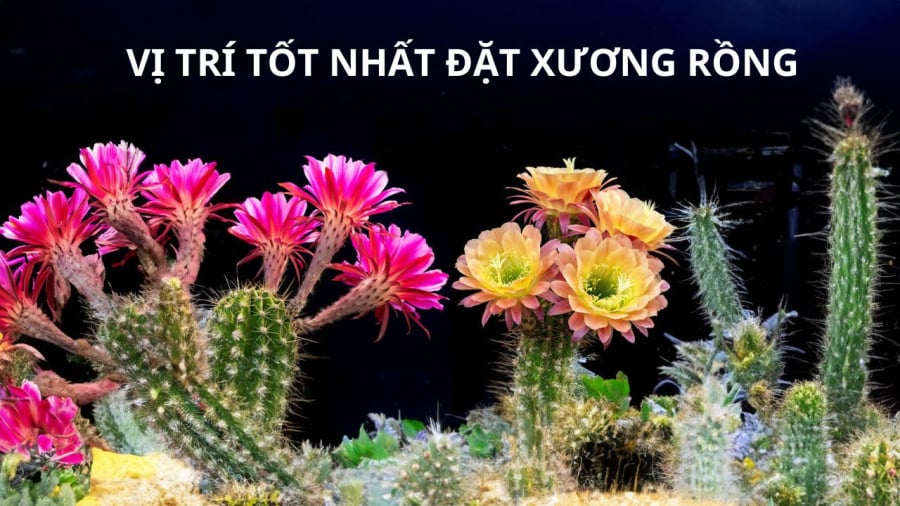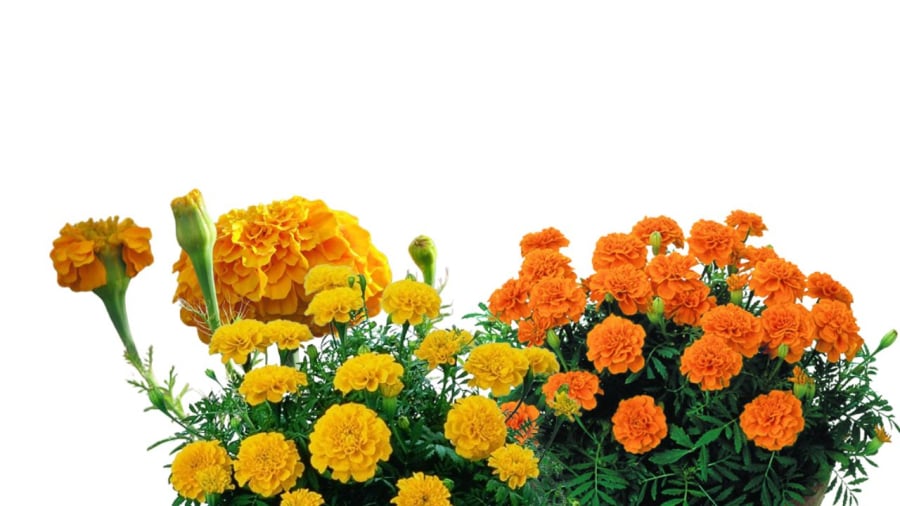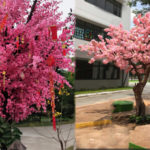Feng shui beliefs hold that certain types of plants can bring bad luck and misfortune to a household. In particular, the following groups of plants are considered inauspicious and should be avoided when planting in front of your home.
Avoid the “Five Devils” and Other Yin Plants
Yin plants are believed to possess strong yin energy, which is considered unfavorable for the front of the house—a space intended to attract wealth and prosperity, and invite the god of wealth. Among yin plants, some are considered particularly unlucky and are known as the “Five Devils.” These include common plants such as mulberry, banyan, eucalyptus, Chinese pistache, willow, and crape myrtle.
It is believed that spirits and demons dwell within these plants, and planting them in front of your home will invite bad luck and negative entities into your house.

The “Five Devils” Plants That Can Bring Down a Family
Steer Clear of Thorny Plants
Plants with sharp thorns, like cacti and jujube, are also not suitable for the front of the house. From a feng shui perspective, sharp thorns can generate negative energy that can adversely affect individuals. Additionally, they can trigger anger and lead to conflicts within the household. Planting thorny plants in front of your home is believed to cause disharmony among family members and bring about the decline of the family. In reality, these plants can also pose a safety hazard and cause accidents, which is not favorable for the homeowners.

Cactus: A Thorny Plant Best Avoided in Front of the House
Avoid Plants Commonly Found in Cemeteries
In folk culture, it is customary to plant certain trees and plants on gravesites. Common examples include chrysanthemums, Chinese fan palms, banyans, and elms. These plants symbolize eternal rest and are planted on graves and in cemeteries to wish the deceased peace. Therefore, planting them in front of your home may evoke associations with graves and cemeteries, which is considered an ill omen. It may also evoke negative emotions in the living.

Chrysanthemums: Commonly Planted at Gravesites, Not Suitable for the Home
Say No to Artificial and Dead Plants
Despite their aesthetic appeal, artificial plants and dried or dead plants are also considered inauspicious for the front of the house. This is because they represent stagnation or decline, rather than the vibrancy and growth associated with living plants. According to feng shui beliefs, planting these in front of your home can lead to a stagnant atmosphere and predict the family’s decline. Moreover, artificial and dead plants can evoke feelings of sadness and may increase the risk of dust and bacterial accumulation, which is detrimental to health.
This information is based on traditional beliefs and practices.
The Ancient’s Wisdom: Unraveling the Mystery of Yin and Yang in Plant Placement for Prosperity and Legacy
In the ancient art of Feng Shui, it is believed that certain plants possess yin and yang energies that can greatly impact the home and grave. A skilled practitioner would advise against bringing yin plants into the home, as these are believed to attract negative energy. Similarly, yang plants are not recommended for gravesites as they are thought to disrupt the peace and tranquility of the deceased. By understanding and respecting these energies, one can create a harmonious balance between the living and the afterlife.





































